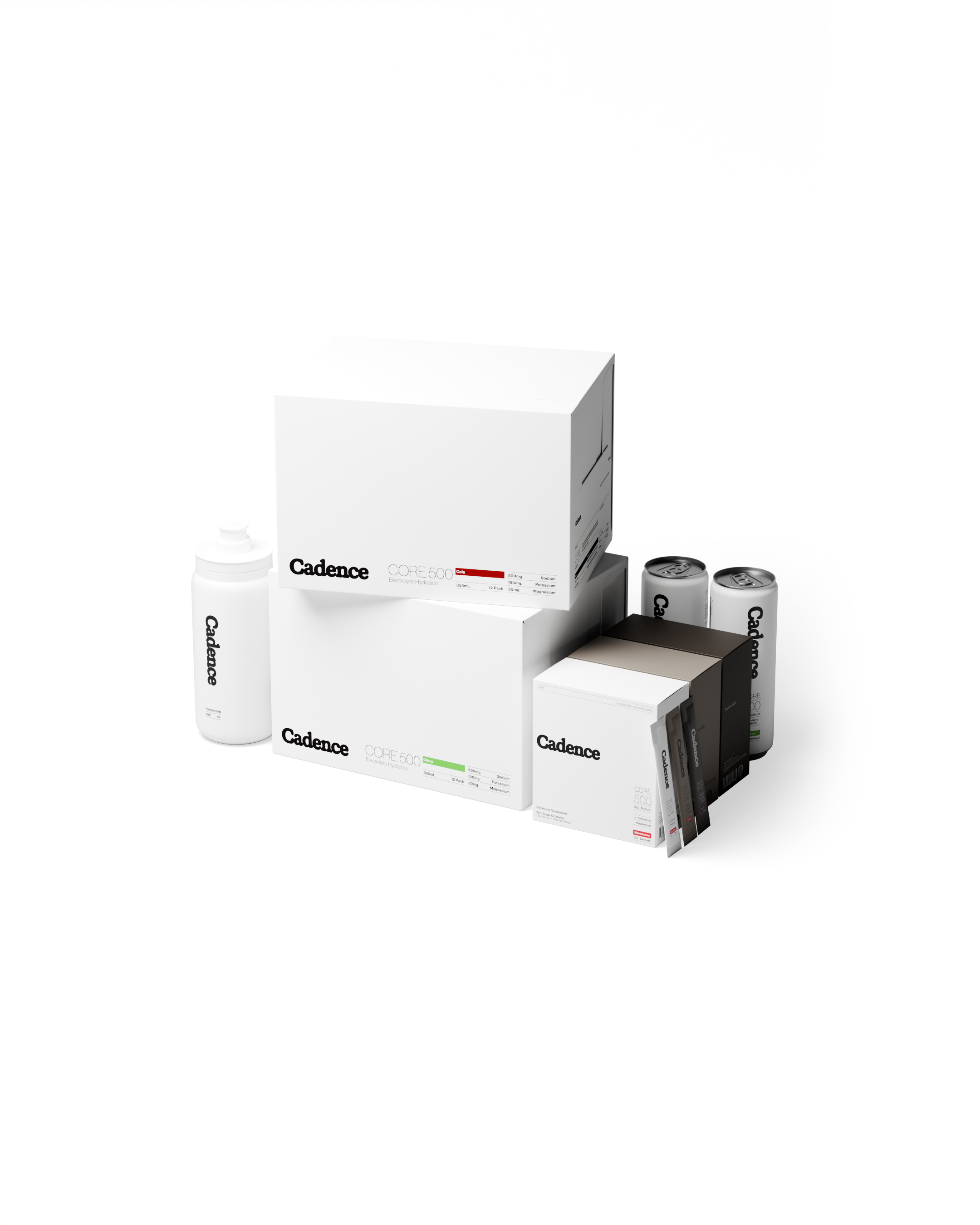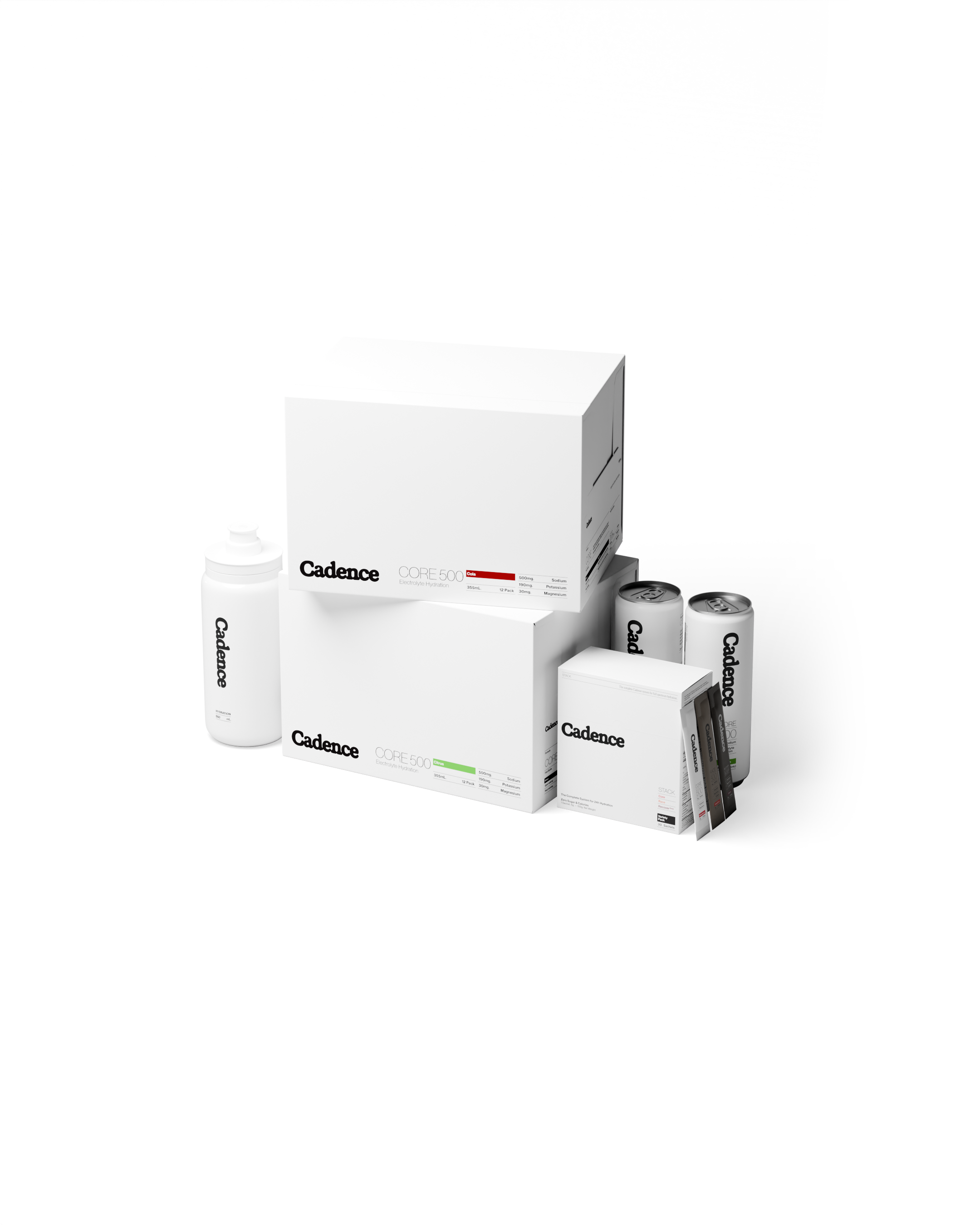Introduction
Valerian root extract is derived from the perennial herb Valeriana officinalis. It has historically been utilised as a natural remedy to help promote relaxation and improve sleep quality. Modern studies support these uses, with recent research finding its potential to improve sleep by increasing gamma-aminobutyric acid (GABA) levels in the brain, a neurotransmitter that promotes relaxation and reduces nerve activity.
One review of 60 research studies explains that consistent implementation of valerian root extract may improve sleep latency and quality (Shinjyo et al., 2020). Another meta-analysis study by Bent et al (2006) further supports that valerian root may be effective for improving sleep parameters without the potential adverse effects associated with other modern sleep aids.
This article will dig into the research surrounding Valerian Root Extract, presenting data on its effects on sleep found across studies. It will then discuss the timings and dosage that you may want to consider if you’re thinking of implementing valerian root extract into your sleep stack.
Sleep Research on Valerian Root Extract
Research on valerian root extract’s positive effects on insomnia has shown promising results, with several studies showing its impact on sleep quality and duration.
One study by Schulz et al. (1994) analysed an elderly group of poor sleepers. It found that when comparing a placebo group and a group supplementing valerian root extract over a seven day period, the supplemented group had an increased period in slow wave sleep (otherwise known as deep sleep), the stage associated with growth, memory and immune function. This is further supported by a study by Donath et al (2000), who found that repeated doses of valerian root extract reduced the onset latency of slow wave sleep when compared with a placebo group. The average time to slow wave sleep in the valerian supplemented group was 13.5 minutes, compared with the placebo group which was 21.3 minutes. Furthermore, the supplemented group had an average of total time asleep in slow wave sleep of 9.8%, compared with the placebo group which was 8.1%.
A randomised, double blind clinical study compared supplementation of valerian root extract with oxazepam. They found that supplementation of valerian root extract kept up with groups supplemented with oxazepam, with improved sleep quality, feelings of refreshment upon waking, dream recall and duration of sleep, with improvements across all metrics vs placebo groups. The study also highlights that lower mild adverse events occurred in the valerian root extract supplemented group than the oxazepam group (Ziegler et al., 2002).
When looking at its effects on anxious behaviour, a trial on rats found that valerian root decreased anxious behaviour to a significant degree compared to those who were administered ethanol (Murphy et al., 2010).
Dosage and Timing of Valerian Root Extract
Current research on the dosage and timing of valerian root extract supplementation for sleep benefits suggests that dosages ranging from 300 to 600mg taken 30 minutes to two hours before bedtime are optimal, especially in cases of insomnia (Hadley & Petry, 2003). One smaller study has found that as little as 50mg daily of Valerian Root may help reduce anxiety (Andreatini, 2002)
Generally, dosage recommendations of Valerian Root products range between 75mg and 3000mg (Bent et al., (2006).
Conclusion
In conclusion, valerian root extract has demonstrated potential as an effective natural remedy for improving sleep quality and reducing anxiety. Research shows that it can improve slow wave/deep sleep, reduce sleep onset latency, and may provide similar benefits to pharmaceutical sleep aids without unwanted side effects. When considering supplementation, dosages of 300-600mg taken before bedtime appear the most optimal for sleep support, however lower doses have also been shown to be effective.
Whilst you're here, be sure to take a look at our Sleep Hydration Sachets, which contain 75mg of Valerian Root Extract 10:1 per serving, as well as other sleep aid ingredients such as L-Tryptophan, Ashwagandha, L-Glycine, Magnesium, Zinc, Vitamin B6 and L-Theanine. If you would like to sample our full range of electrolyte sachets, be sure to explore our variety pack of hydration sticks.
Frequently Asked Questions (FAQs)
What is valerian root extract, and how does it work?
Valerian root extract is derived from the Valeriana officinalis herb and has been historically used to promote relaxation and improve sleep quality. It works by increasing levels of gamma-aminobutyric acid (GABA), a neurotransmitter in the brain that promotes relaxation and reduces nerve activity, helping to improve sleep and reduce anxiety.
How effective is valerian root extract for improving sleep?
Research has shown that valerian root extract can improve sleep quality, increase time spent in deep sleep, and reduce the time it takes to fall asleep. Studies indicate that valerian root can provide similar benefits to pharmaceutical sleep aids but with fewer side effects, making it an effective natural remedy for those with sleep issues, such as insomnia.
What is the recommended dosage and timing for valerian root extract?
For sleep benefits, research suggests taking between 300 to 600 mg of valerian root extract 30 minutes to two hours before bedtime. Lower doses, such as 50 mg, may also prove effective in reducing anxiety. We recommend that you consult with a healthcare provider before starting any new supplement regimen to determine the best dosage for what you need.
References
Shinjyo, N., Waddell, G., & Green, J. (2020). Valerian Root in Treating Sleep Problems and Associated Disorders-A Systematic Review and Meta-Analysis. Journal of evidence-based integrative medicine, 25, 2515690X20967323. https://doi.org/10.1177/2515690X20967323
Bent, S., Padula, A., Moore, D., Patterson, M., & Mehling, W. (2006). Valerian for sleep: a systematic review and meta-analysis. The American journal of medicine, 119(12), 1005–1012. https://doi.org/10.1016/j.amjmed.2006.02.026
Schulz, H., Stolz, C., & Müller, J. (1994). The effect of valerian extract on sleep polygraphy in poor sleepers: a pilot study. Pharmacopsychiatry, 27(4), 147–151. https://doi.org/10.1055/s-2007-1014295
Donath, F., Quispe, S., Diefenbach, K., Maurer, A., Fietze, I., & Roots, I. (2000). Critical evaluation of the effect of valerian extract on sleep structure and sleep quality. Pharmacopsychiatry, 33(2), 47–53. https://doi.org/10.1055/s-2000-7972
Ziegler, G., Ploch, M., Miettinen-Baumann, A., & Collet, W. (2002). Efficacy and tolerability of valerian extract LI 156 compared with oxazepam in the treatment of non-organic insomnia--a randomized, double-blind, comparative clinical study. European journal of medical research, 7(11), 480–486.
Murphy, K., Kubin, Z. J., Shepherd, J. N., & Ettinger, R. H. (2010). Valeriana officinalis root extracts have potent anxiolytic effects in laboratory rats. Phytomedicine : international journal of phytotherapy and phytopharmacology, 17(8-9), 674–678. https://doi.org/10.1016/j.phymed.2009.10.020
Hadley, S., & Petry, J. J. (2003). Valerian. American family physician, 67(8), 1755–1758.
Andreatini, R., Sartori, V.A., Seabra, M.L.V. and Leite, J.R. (2002), Effect of valepotriates (valerian extract) in generalized anxiety disorder: a randomized placebo-controlled pilot study. Phytother. Res., 16: 650-654. https://doi.org/10.1002/ptr.1027
